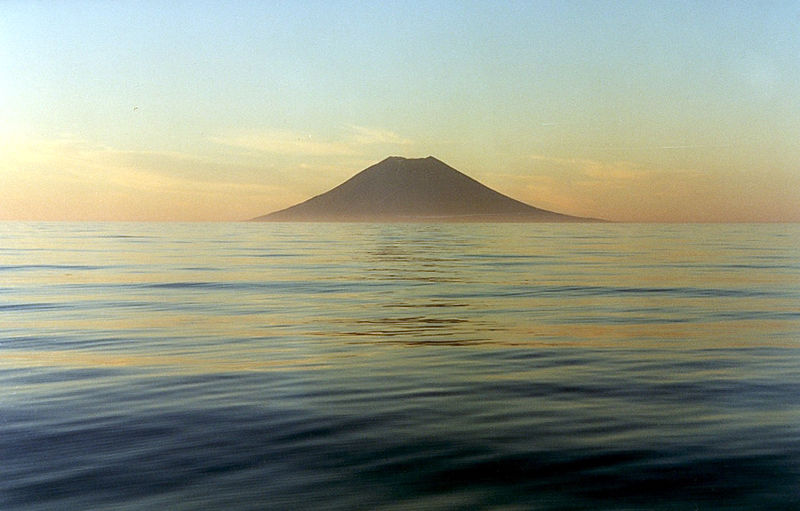I read Judith Schalansky's Atlas of Remote Islands: Fifty Islands I have not visited and never will last month, but keep flicking back through it and looking at the maps. They are all printed on the same scale and as you can see from the examples above, each island seems to possess a uniquely satisfying shape. Various reviews will give you the background on this book, which won the German Arts Foundation Prize for the Most Beautiful Book of the Year (a version of which it would be good to have here) - there's an excellent piece about it on John Self's blog, for example, and another by Robert Macfarlane in The Guardian. The short prose pieces accompanying each map reminded me, as they have others, of Calvino's Invisible Cities. The island of Tikopia, for instance, has 1,200 inhabitants who believe in zero population growth; then there is Pingelap, where a significant minority are colour blind but insist they can see things hidden from the others, like dark shoals of fish in the moonlit sea; and Takuu, where the old people build dykes to combat rising sea levels and the young spend their time drinking the juice of the coconut palm but, either way, 'Takuu will sink - next month, next year...'
Not all the islands are inhabited though, and one I thought I would highlight in this landscape blog is Atlasov Island, known in Japanese as Araido-tō and 'more beautiful than Mount Fuji.' Apparently haiku have been written in praise of it, but I have not managed to track any down. Schalansky notes that in the early 1950s a 'women's penal colony was set up', but no one lives there now. There is a myth that the mountain was forced to move from its original home in the middle of Lake Kurile on the Kamchatka peninsula, where its perfect beauty made the surrounding peaks jealous. 'So it started out on a long journey, finally settling itself down in a peaceful spot far away in the sea. ... The river Ozernaya flows in the tracks of the mountain's reluctant journey. When the mountain lifted itself from its place, the water of the lake rushed after it. It is a thin blue umbilical cord that will always bind the exiled mountain to its homeland.'
Atlasov island
Source: Wikimedia Commons


No comments:
Post a Comment